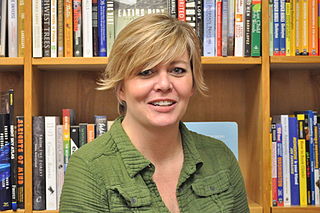Цитата Чарльза Калеба Колтона
Поэтому живые авторы обычно плохие товарищи. Если они не приобрели характера, то стремятся сделать это методами, часто нелепыми, всегда отвратительными; и если они установили характер, они молчат из страха потерять своим языком то, что они приобрели своим пером, - ибо многие авторы рассуждают гораздо глупее, чем Голдсмит, которые никогда не писали и вполовину так хорошо.
Связанные цитаты
Независимо от того, были ли авторы, которых я переводил, «умершими и канонизированными», или «живыми и состоявшимися», или даже просто «появляющимися», я должен поставить себя перед одним и тем же старым испытанием: «Могу ли я отдать должное их текстам? " Я перевел двадцать одну книгу, и, за исключением трех заказов, я «отбирал» всех своих авторов на основе того, будут ли мои собственные особенности дополнять их собственные.
Если вознаграждение авторов снизится, простая экономика говорит, что авторов станет меньше. Дело не в том, что люди не горят желанием писать. Количество людей, желающих стать романистами, вероятно, не уменьшится, но, безусловно, количество людей, которые смогут зарабатывать на жизнь писательством, резко уменьшится.



































